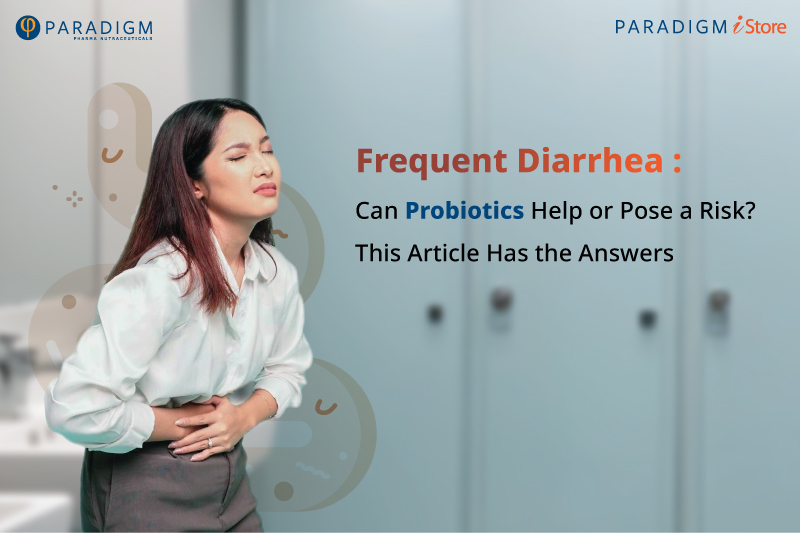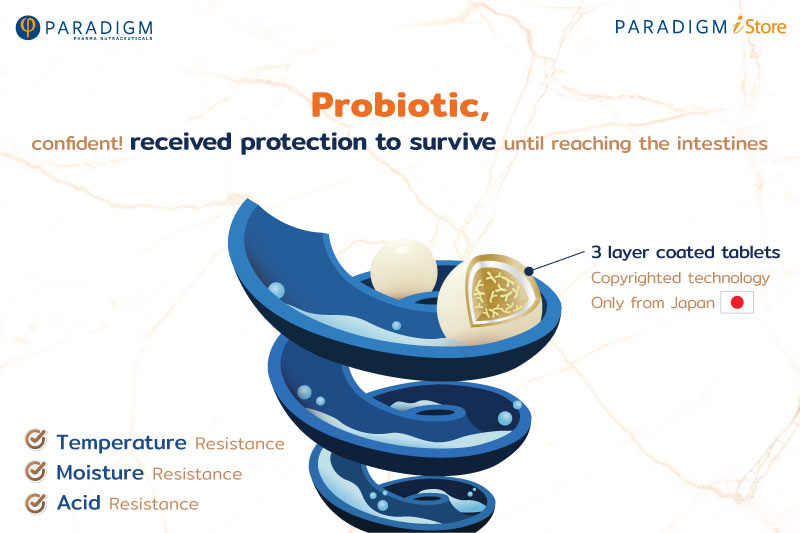In today’s world, maintaining digestive health, particularly gut health, has become a topic of great interest—especially among working adults and families with elderly members.
Tag Archives: Gut Health
Digestive health issues may seem minor and ordinary to many, but for individuals with a sensitive stomach who frequent diarrhea, these problems
Which probiotic brand is good? Which one is suitable for us? How beneficial are they? What are the benefits? These are often basic questions
Probiotic, what is that, how beneficial for balancing and strengthening the gut microbiota Probiotics are beneficial living microorganisms
What is probiotic? Probiotics are beneficial live microorganisms for your body, especially the digestive system.
Probiotics have become a hot topic among health enthusiasts. While many of us may already be aware of the benefits of consuming probiotics
Have you ever experienced consuming “probiotic” but not getting the desired results for intestinal health?
“Insomnia” is a chronic problem that leaves the body tired, causes headaches, and impairs concentration during the day, leading to a less vibrant daily life.
Because the journey of probiotic bacteria must overcome many obstacles before reaching the intestines, it is crucial to minimize
Probiotics are small living organisms called “good bacteria” that are highly beneficial to our gut health or the digestive system, as well as boosting
- 1
- 2











